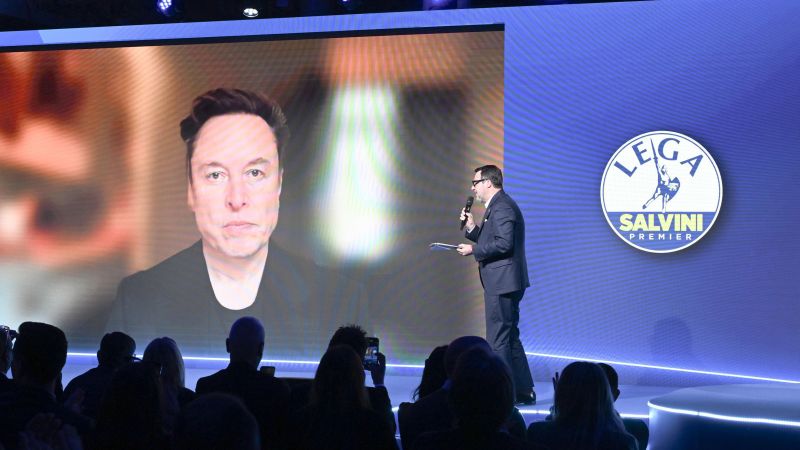
The Transatlantic Trade Tightrope: Navigating the Shifting Sands of Global Commerce
The recent announcement of increased tariffs between the US and the EU has sent shockwaves through the global business community, sparking uncertainty and raising concerns about the future of international trade. This latest escalation in trade tensions highlights the precarious balance between national interests and the interconnectedness of the modern global economy. While protectionist measures might offer short-term gains for specific industries, the long-term consequences could be far-reaching and detrimental to overall economic health.
One prominent voice amidst the rising tide of trade anxieties is that of a leading figure in the tech industry, who advocates for a bold and ambitious solution: a complete elimination of tariffs between the US and the EU. This proposition, while seemingly utopian in the current climate, speaks to a deeper truth about the intertwined nature of these two economic powerhouses. A zero-tariff agreement would not only eliminate the immediate friction caused by tariffs but could unlock significant economic benefits for both sides.
The current system of tariffs creates artificial barriers to trade, increasing the cost of goods and hindering the free flow of innovation and competition. Eliminating these barriers could lead to a significant boost in economic activity. Consumers on both sides of the Atlantic would benefit from lower prices and a wider variety of goods and services. Businesses would find it easier to expand their operations into new markets, leading to increased investment, job creation, and overall economic growth.
However, the path towards a zero-tariff agreement is fraught with challenges. Different industries have varying degrees of competitiveness, and a sudden removal of tariffs could lead to significant disruption and job losses in certain sectors. Concerns about fair competition and the potential for dumping – the practice of selling goods at below-market prices to gain market share – need to be addressed. Negotiations would undoubtedly be complex and require a delicate balance of interests and compromises.
Furthermore, political considerations play a significant role. The political will to pursue such an ambitious agreement needs to be strong and unwavering on both sides of the Atlantic. Navigating the intricacies of different national regulations and lobbying efforts from various interest groups would require deft political maneuvering.
Despite the inherent complexities, the potential rewards of a zero-tariff agreement are too significant to ignore. The US and EU are each other’s largest trading partners, and their economic fates are inextricably linked. A commitment to a future of open and frictionless trade would not only benefit both economies but also serve as a beacon of hope in a world increasingly characterized by protectionist sentiments. This approach would set a powerful example for other countries to follow, fostering greater cooperation and collaboration on the global stage.
Ultimately, the pursuit of a zero-tariff environment necessitates a long-term strategic vision that prioritizes mutual benefit over short-term gains. This requires a willingness to engage in open dialogue, address legitimate concerns, and build trust between two economic giants. While the road ahead is undoubtedly challenging, the potential benefits of a more integrated and prosperous transatlantic economic relationship are well worth the effort.



Leave a Reply